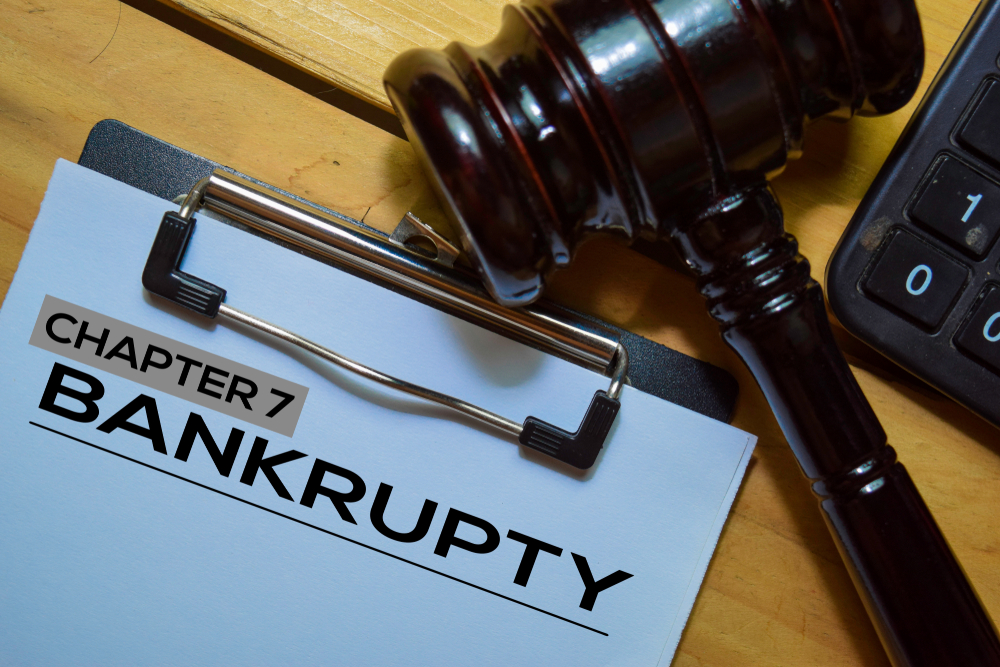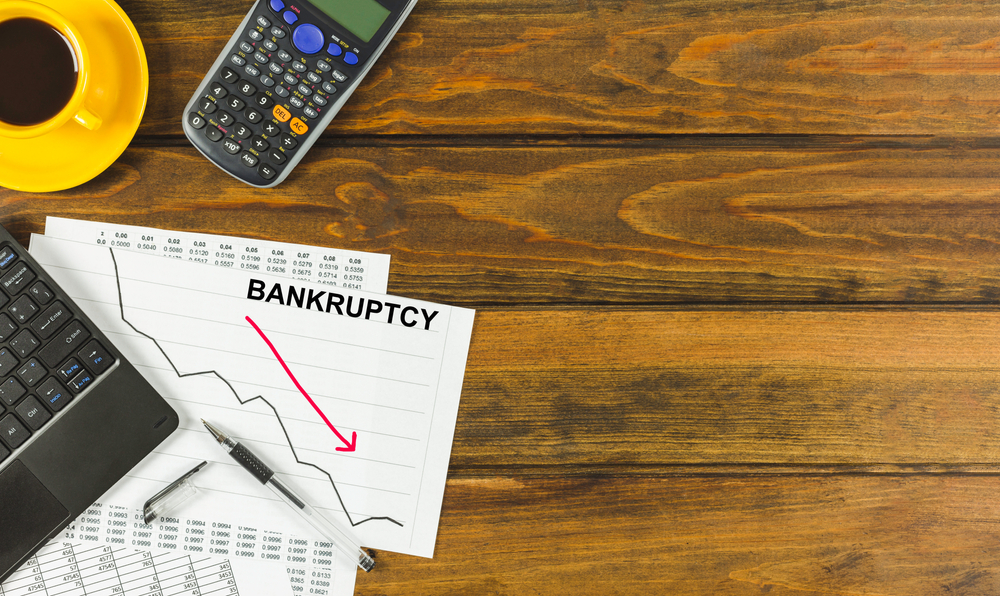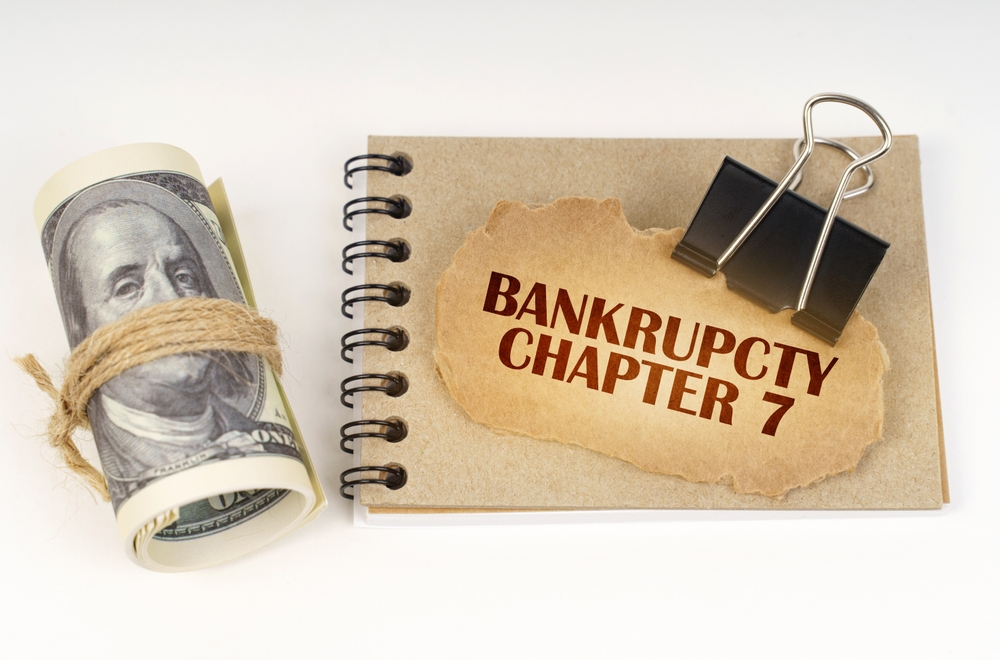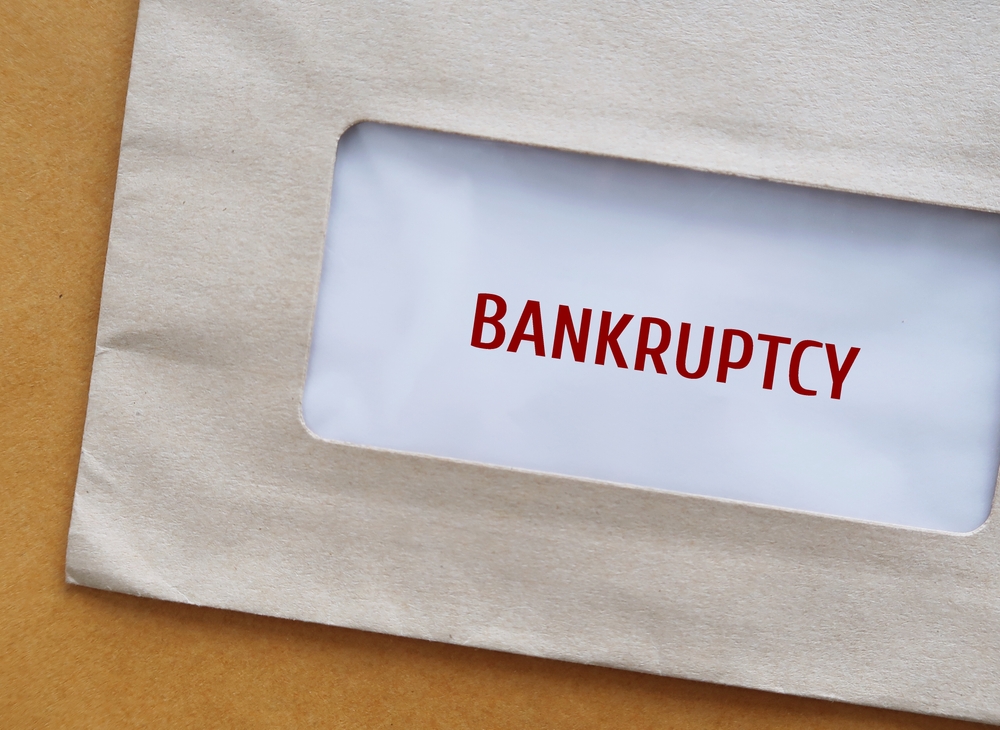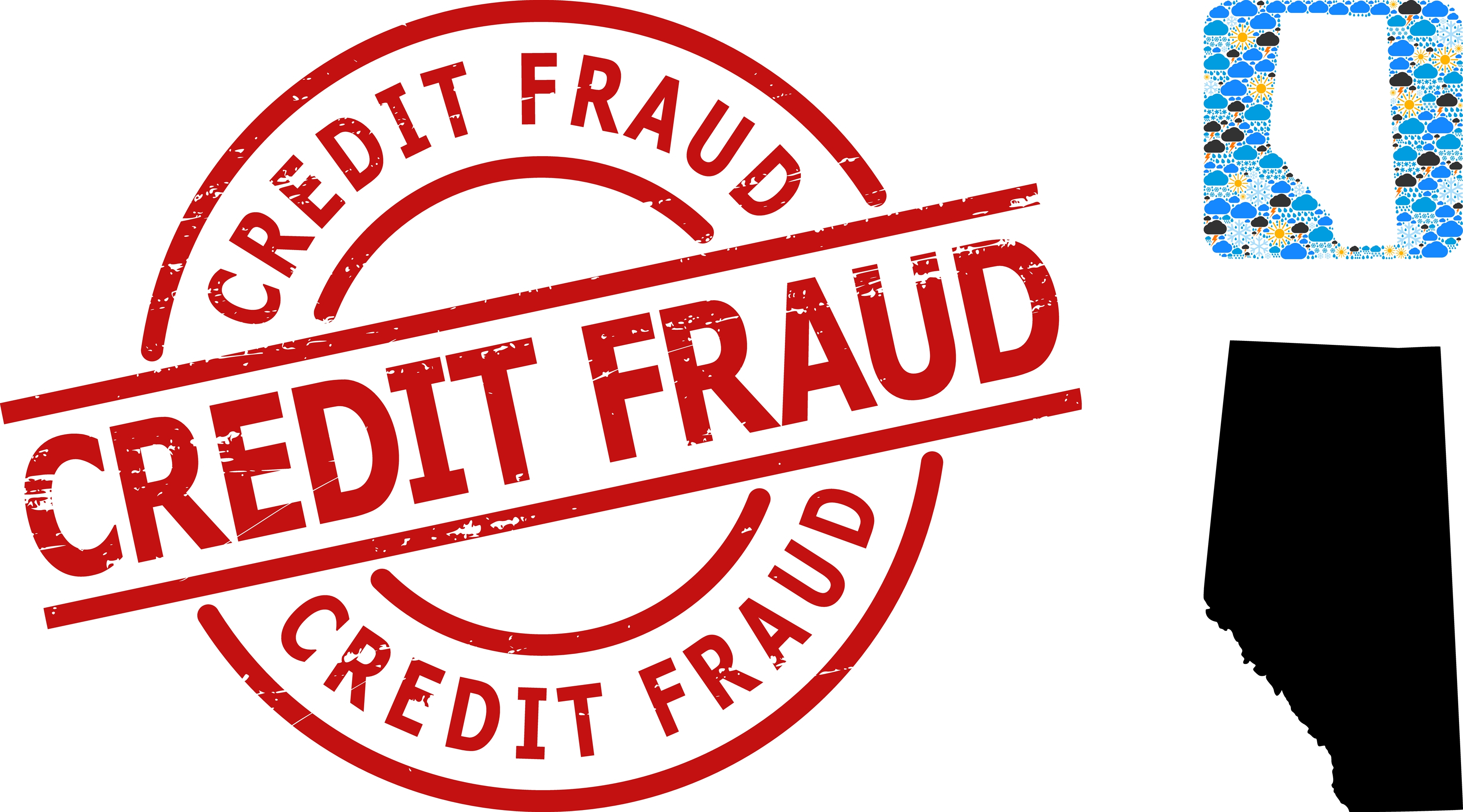A conversion is when you convert (or flip) your case from one bankruptcy chapter to another. They are common with chapter 13 to chapter 7 cases, but can also go the other way from a chapter 7 to a chapter 13. This blog will explore what may trigger a conversion during a bankruptcy.

What Is a Bankruptcy Conversion and When Do They Happen in Minneapolis, Minnesota
A conversion is when you convert (or flip) your case from one bankruptcy chapter to another. They...













